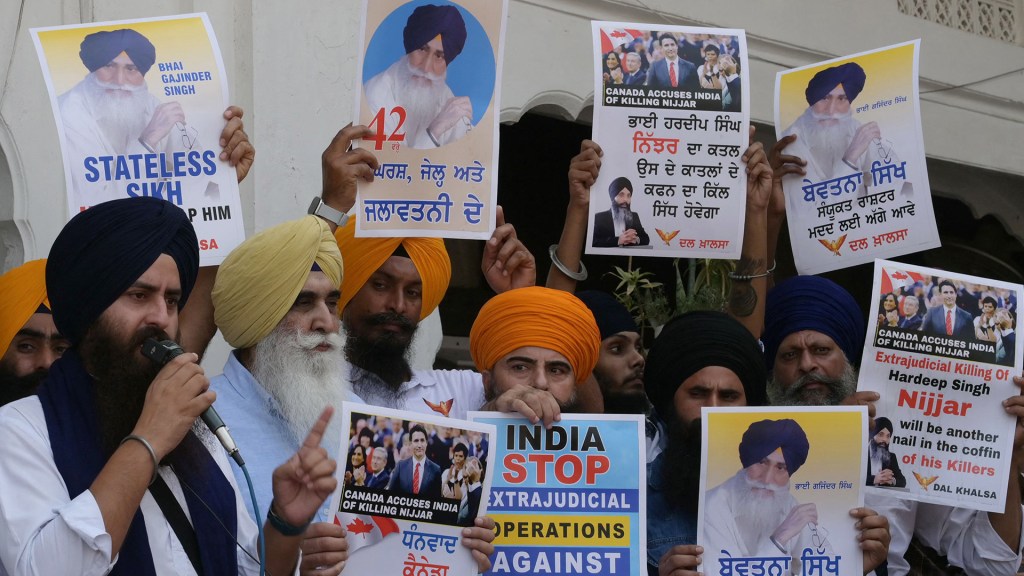India’s largest green energy company, the Adani Group, is facing bribery charges in the United States. These accusations have led to questions about whether the situation will impact Delhi’s clean power plans.
American prosecutors claim the Adani Group’s CEO, Gautam Adani, offered $250 million to Indian government officials in exchange for billions of dollars in renewable energy development contracts. Officials said this scheme occurred from 2020 to this year.
The U.S. attorney for the Eastern District of New York alleged in a release accompanying the indictment against the company that the conspirators “lied about the bribery scheme as they sought to raise capital from U.S. and international investors.”
This legal trouble for the Adani Group comes as the company has pledged to invest $100 billion to support India’s renewable energy transition. The company aimed to supply 10% of the country’s renewable electricity needs by 2032.
Fallout from the indictment has already begun. French power conglomerate TotalEnergies suspended additional investments in the Adani Group. The U.S. also canceled a $600 million bond offering to the company immediately after the news became public.
Major credit agencies have downgraded the Adani Group’s ratings to negative. Global lenders are reportedly reevaluating their relationships with the company.
These developments could ultimately have some major financial implications for the Adani Group. The company dependence on international banks and bonds for long-term debt has grown significantly. Experts said it grew from 14% in 2016 to 60% today.
However, industry analysts and competitors believe the charges are unlikely to derail India’s renewable energy goals. One rival CEO described the situation to the BBC as a “passing dark cloud” unlikely to hinder the country’s clean power momentum.
Analysts agree that while the company’s expansion plans may face temporary delays, the situation shouldn’t prevent India’s renewable energy targets from remaining on track.
